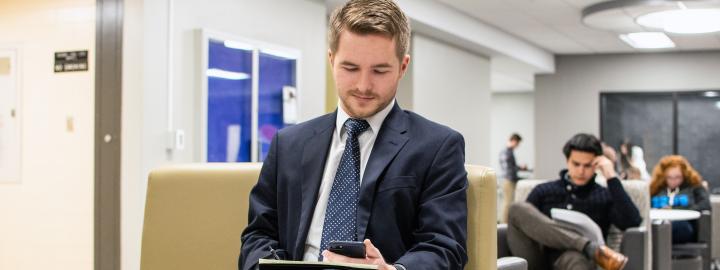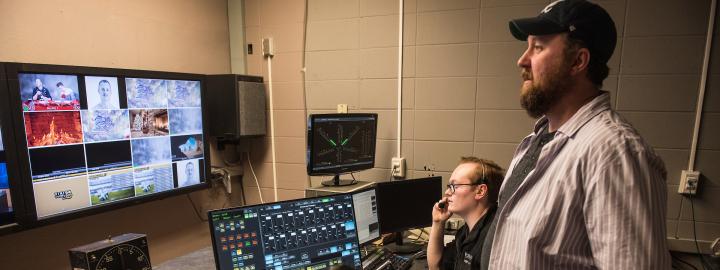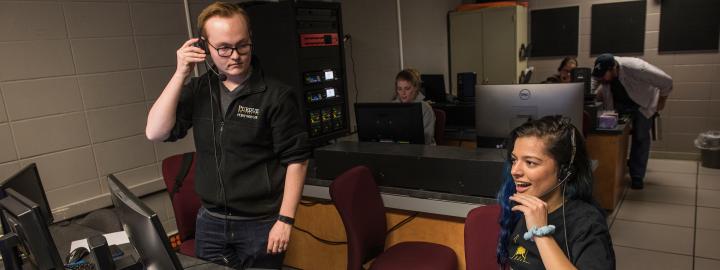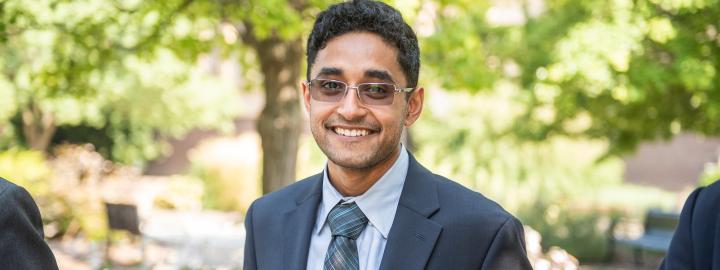
Communication Programs
Communication is key.
Communication makes the world go round. Think about it. From writing an A+ paper to texting friends—it all requires communication. So why not become a pro?

Health Communication Certificate (Postbaccalaureate)
It’s no secret that healthcare is a big industry, especially in our area. Available only to graduate students, the health communication certificate will teach you to become a better communicator within the healthcare field. You’ll learn about epidemiology, health communication, and organizational leadership in your area of focus (family health, public health, health policy, and health organizations).

Program
Highlights
Program Highlights
- The development of problem-solving skills
- The ability to research and analyze information
- Support from the Mastodon community
- A prestigious Purdue education
career and salary data
How far will you go?
General labor market and salary data are provided by Lightcast via O*NET and may not represent the outcomes experienced by Purdue Fort Wayne graduates in these programs. Purdue Fort Wayne graduates in these programs may earn salaries substantially different or less than the amounts listed. Salary and employment outcomes vary by geographic area, previous work experience, education, and opportunities for employment that are outside Purdue Fort Wayne’s control. Purdue Fort Wayne does not guarantee employment placement, salary level, or career advancement.
Student Learning Outcomes
Upon completion of this certificate, students will be able to demonstrate the following learning outcomes:
- Work with individuals of various cultural backgrounds to maintain a climate of mutual respect and shared values
- Use the knowledge of one’s own role to aid medical professionals in appropriate assessing and addressing the healthcare needs of patients and promoting and advancing the health of populations
- Communicate with patients, families, communities, and professionals in health and other fields in a responsive and responsible manner that supports a team approach to the promotion and maintenance of health and the prevention and treatment of disease
- Apply relationship-building values and the principles of team dynamics to perform effectively in different team roles to plan, deliver, and evaluate patient/population-centered care, and population health programs
- Understand, develop, and effectively communicate policies that are safe, timely, efficient, effective, and equitable
- Communication and Diversity Trainer
- Communications Director
- Elected Official
- Human Resources Professional
- Public Relations Professional










